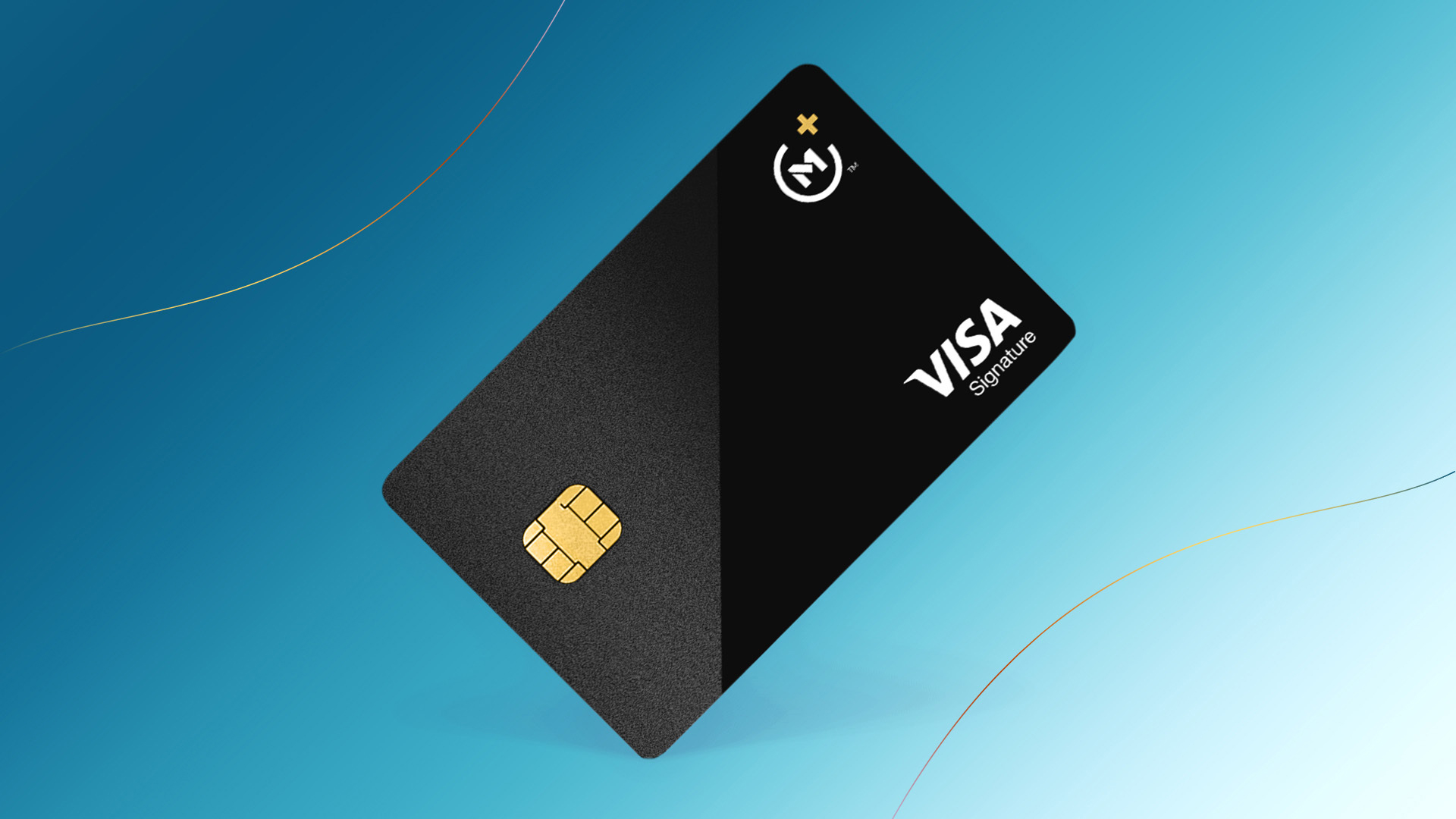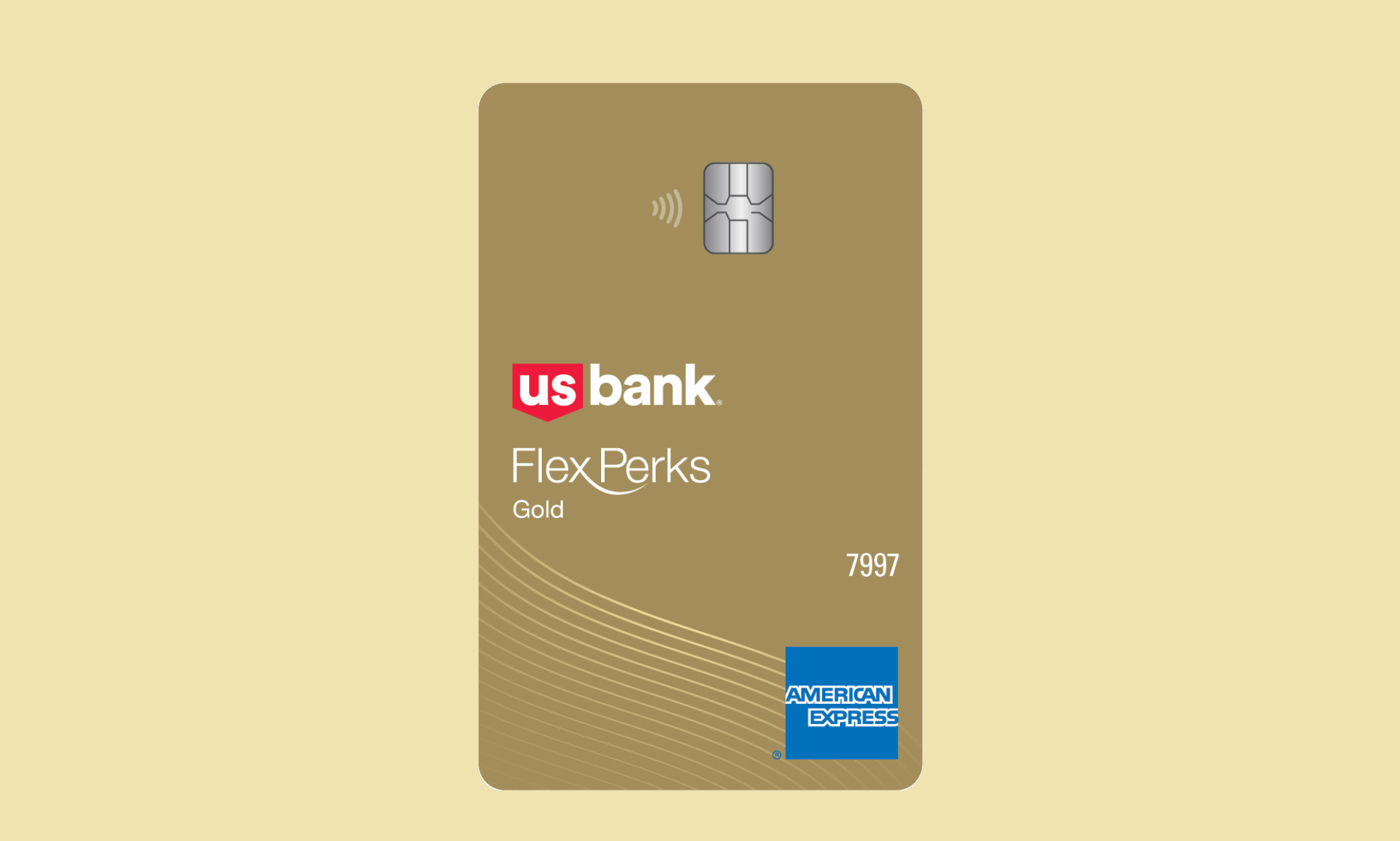Advantages and disadvantages of premium credit cards

Exploring the Benefits of Premium Credit Cards
Premium credit cards can play a significant role in enhancing one’s financial experience, particularly for consumers who frequently spend on travel and luxury services. Understanding their advantages can often lead to more informed financial decisions. Here are some key benefits associated with these types of cards:
Higher Rewards Rates
One of the standout features of premium credit cards is their higher rewards rates. Many cards offer generous point systems or high cash-back percentages on everyday purchases as well as on specific categories like travel, dining, or groceries. For instance, a premium card might offer 3x points on dining and 2x points on travel, allowing users to accumulate rewards much faster compared to a standard card. This means that for a dinner costing $100, you could earn 300 points instead of just 100, making your spending more rewarding.
Travel Benefits
Another compelling advantage includes a variety of travel benefits that can greatly enhance the travel experience. Premium cardholders often gain access to exclusive airport lounges, which provide a comfortable and quiet environment compared to crowded terminals. Additionally, many premium cards come with comprehensive travel insurance policies that cover trip cancellations, lost luggage, and emergency medical expenses, giving consumers peace of mind while traveling. Moreover, these cards usually waive foreign transaction fees, which can save you money while making purchases abroad.
Exclusive Perks
Premium credit cards also offer exclusive perks that elevate the overall experience for cardholders. Many issuers provide dedicated concierge services to assist with meal reservations, hotel bookings, and event tickets, making it easier for users to enjoy their lifestyle. Furthermore, personalized offers tailored to individual spending patterns can give cardholders additional value, such as bonus points for purchases made at their favorite stores or discounts on luxury services.
Understanding the Disadvantages
While the advantages can be enticing, it’s essential to recognize the disadvantages that come with premium credit cards. Here are some of the potential downsides:
Annual Fees
One of the first challenges is the annual fees, which can be quite steep—ranging from $95 to several hundred dollars depending on the card. For some consumers, these fees might outweigh the benefits, particularly if they do not maximize the card’s rewards and perks. It’s vital to calculate whether the benefits you anticipate receiving will indeed exceed the cost of the card.
High-Interest Rates
Another considerable factor is the high-interest rates. Premium credit cards often carry higher APRs than standard cards, which can lead to significant costs if you carry a balance month-to-month. For example, if you have an outstanding balance of $5,000 at a 20% APR, you’ll incur over $1,000 in interest in just a year if you do not pay it off, potentially negating the rewards earned.
Eligibility Requirements
Finally, the eligibility requirements for premium cards can be stringent. Many issuers require a good to excellent credit score, which can limit accessibility for consumers with lower credit scores. This means that even if a consumer wishes to take advantage of premium card benefits, they may not qualify, leaving them to explore other, potentially less rewarding options.
By carefully weighing both the benefits and drawbacks, you can make a more informed choice about whether a premium credit card aligns with your financial goals and lifestyle. Always consider your spending habits and overall financial health before applying.
Examining the Positive Aspects of Premium Credit Cards
Premium credit cards are designed to provide exceptional value to consumers who are willing to invest in their financial tools. Understanding the advantages of these cards is crucial in determining whether they fit well with your lifestyle and financial obligations. Here are some of the foremost benefits associated with premium credit cards:
Enhanced Rewards Programs
One of the most appealing features of premium credit cards is their enhanced rewards programs. Unlike standard credit cards that typically offer basic rewards, premium cards often provide significantly higher points per dollar spent, particularly in categories that appeal to affluent consumers. For example, a premium credit card may offer 5x points on travel expenses and 3x points on dining out, making it considerably more profitable for those who frequently engage in these activities. This feature allows cardholders to accumulate points quickly, which can then be redeemed for flights, hotel stays, or even cash back.
Exclusive Travel Benefits
In addition to rewards, premium credit cards come with a host of exclusive travel benefits. Many of these cards offer complimentary access to airport lounges across the globe, providing a peaceful atmosphere for travelers waiting for flights. Furthermore, many premium credit cards include travel insurance provisions that cover various situations, such as trip cancellations, lost luggage, and rental car insurance. This type of safety net can offer invaluable peace of mind while on the road or abroad. Additionally, the waiving of foreign transaction fees means travelers can spend without worrying about extra charges, which is particularly beneficial for international trips.
Concierge Services and Personalized Offers
Another notable advantage of premium credit cards is the access to concierge services. These dedicated services can help cardholders manage their lifestyle needs, from securing last-minute reservations at top restaurants to booking tickets for exclusive events. Such assistance can save valuable time and enhance the overall experience. Furthermore, many premium cards also feature personalized offers that tailor rewards and discounts based on individual spending habits. For instance, if a cardholder frequently shops at a specific retailer, they may receive special promotions that further enhance their buying power.
Summary of Benefits
To summarize, premium credit cards provide an array of benefits that can significantly enhance a consumer’s financial experience. Here’s a quick recap of the advantages:
- Higher rewards rates that accumulate points quickly.
- Exclusive travel benefits, including lounge access and travel insurance.
- Concierge services for personalized assistance in lifestyle management.
- Tailored offers based on spending habits for added value.
While these advantages present a compelling case for premium credit cards, it is also important to consider the potential downsides to ensure a well-rounded decision. Understanding both sides will empower consumers to choose what truly aligns with their financial goals.
Assessing the Drawbacks of Premium Credit Cards
While premium credit cards offer a slew of attractive benefits, they are not without their downsides. It is vital for potential cardholders to understand these disadvantages to make informed choices that align with their personal and financial situation. Below are some key drawbacks to consider:
High Annual Fees
One of the primary disadvantages of premium credit cards is their high annual fees. Unlike standard credit cards that can have little to no fees, many premium cards charge annual fees that can range from several hundred dollars to even over a thousand. For instance, a card that offers extensive rewards and travel benefits may come with a hefty fee. If a cardholder doesn’t utilize the benefits fully, they may end up paying more in fees than what they actually gain in rewards or perks.
Minimum Spending Requirements
Premium credit cards often require cardholders to meet minimum spending thresholds to unlock their benefits. For example, some cards might require spending $3,000 or more in the first three months to earn a welcome bonus or to reach certain reward tiers. This condition can lead to overspending, especially if the desired benefits aren’t aligned with regular expenses. Cardholders must be cautious to avoid such pitfalls, as they can inadvertently lead to debt or financial strain.
Limited Acceptance
Though many merchants and services accept various credit cards, some premium cards are not universally accepted. For instance, cards associated with exclusive networks may not be usable at smaller retailers or in certain countries. This limited acceptance can be particularly inconvenient when traveling abroad or shopping at local businesses, potentially forcing customers to carry multiple cards or additional payment methods.
Potential for Overspending
With the allure of rewards and luxurious perks, there is a risk of overspending when using premium credit cards. The convenience of rewards can encourage cardholders to spend beyond their means, especially if they feel incentivized to earn more points. This behavior can contribute to accumulating debt, as the temptation to chase rewards may overshadow the practical financial considerations. Maintaining discipline is crucial, as failing to manage spending can lead to high-interest charges and financial instability.
Complex Terms and Conditions
Premium credit cards often come with complex terms and conditions that can be difficult for consumers to navigate. Understanding the intricacies of rewards redemption, various fees, and promotional periods can be overwhelming. For example, certain rewards may expire or require specific actions to maintain eligibility. Consumers should be prepared to thoroughly read fine print and stay updated with any changes in the card’s policies, as this diligence is essential to maximizing the benefits and avoiding any surprises.
In summary, although premium credit cards offer many attractive features for those who can leverage them effectively, potential cardholders must weigh these benefits against the associated drawbacks. Considering factors like annual fees, spending requirements, and overall spending habits is critical in determining whether a premium credit card is the right fit for individual financial circumstances.
Conclusion
When it comes to premium credit cards, the decision to apply can be both exciting and daunting. These cards often come with a suite of exclusives—such as enhanced rewards, travel perks, and concierge services—that can significantly enhance your purchasing experience. However, it’s essential to keep in mind the financial implications involved. The high annual fees associated with these cards may only be worthwhile if you can maximize the benefits offered or if the rewards align with your lifestyle. Additionally, minimum spending requirements can lead to patterns of overspending if not managed carefully.
As you consider whether a premium credit card is suited to your needs, think about your typical spending habits and how often you’ll utilize the card’s perks. Additionally, be mindful of potential pitfalls such as limited acceptance and complex terms and conditions that may come with these cards. Maintaining a disciplined approach to spending and thoroughly understanding your card’s guidelines are vital steps toward ensuring these cards provide value rather than financial strain.
Ultimately, the choice of opting for a premium credit card should be based on an informed assessment of both its advantages and disadvantages. By weighing both sides, you can make a decision that supports your financial goals while enhancing your everyday spending experience.


